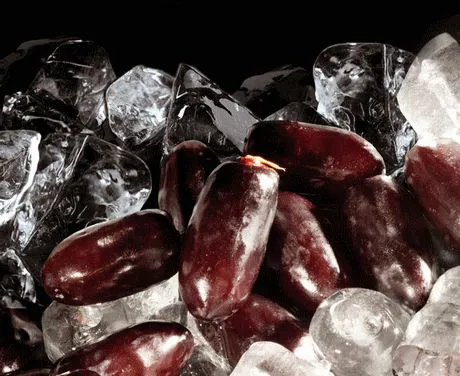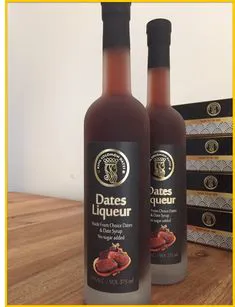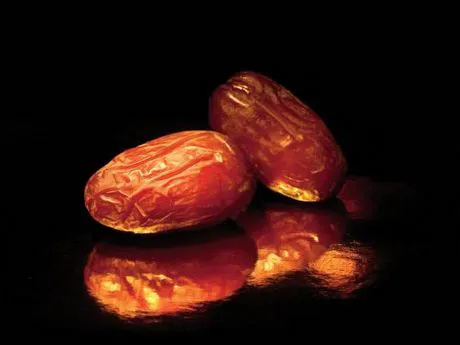“In recent years we saw that production and consumption increased at the same time,”says Yaniv Cohen from Hadiklaim, Israel’s largest trader of medjoul dates. As a result of that increasing consumption, the market is becoming somewhat unbalanced. “There is not enough global supply of dates to continue meeting demand.”Israel is the undisputed market leader for medjoul dates, with a production volume of 30,000 tonnes, half the global volume. The remaining 30,000 tonnes are mostly in the hands of American producers, who are good for 15,000 tonnes. The remaining 25% is cultivated in other countries, such as Jordan, South Africa, Namibia and Morocco.

Yaniv Cohen of Hadiklaim.
Frozen dates
“The Jordan Valley has a unique climate, and produces the best quality because of that,” Yaniv explains. In 1982, Hadiklaim was founded to market the medjoul dates. By now, the company has 16 packing stations in the Jordan Valley. The season is from August until October, after that the dates are sold from storage. “With temperatures of minus 18 degrees Celsius, the dates have a long shelf life,” Yaniv says. The fruit does not freeze because of its high sugar levels. “The structure of the dates does not change in freezers.”

By now, the assortment consists of nine different date varieties and 22,000 products. The company exports to 35 countries, and has approximately 70 buyers on the domestic market. “We are a cultivation company, so it is our job to realise a good result for them.”The largest share of the sales, seventy per cent, is brought in by the medjoul dates. “Dates are unique, they are not really a fruit, but they are also not a dried fruit.”
 European market
European marketThe dates are divided into main three categories. The premium class is meant for export and the top segment in Israel. The second class is meant for other markets, the dates outside of these categories are processed into syrup, honey or liquor, among other things. “Medjoul is the best variety. The products the dates are processed into are 100 per cent natural. ”That royal status of the dates is underlined by its brand name: King Solomon.
Within Europe, the Netherlands, France, Germany and the UK are the most important sales countries. The exporter supplies the dates to practically all the major British supermarket chains. Outside of Europe, Turkey, Russia, the US, Canada, Australia and the Far East are large markets. Although consumption is rising, premium dates are still relatively unknown on markets such as Western Europe. “Dates are often still seen as an ethnic product, but we see dates are becoming more common,”Yaniv says. “We have seen that on the British market.”

Ethnic product and health hype
The increase in dates is caused by two factors, according to Yaniv. Firstly, the market is growing because of immigration into Europe. They know the dates and look for the product in supermarkets. Secondly, dates profit from the health hype. Besides all of the healthy characteristics of the product, dates are also easy to take with you. Hadiklaim anticipates that trend by adjusting the packaging. “We have a packaging of 5 kilogram and of two single dates,” Yaniv illustrates the width of the supply.
For some years now, the company has also been looking at new markets, including India and China in the Far East and Latin America. “We also want to market the dates there. ”Although the dates are available in China, the consumer profile is very different. Most Chinese consumers are not used to the sweet flavour of the fruit. “But even if just part of the 1.2 billion Chinese people eat dates, it will be a large market.”
More information:
Hadiklaim
Yaniv Cohen
T: +972 (3) 6389555
M: +972 (54)6666131
E: yaniv@hadiklaim.co.il
W: www.Hadiklaim.co.il
